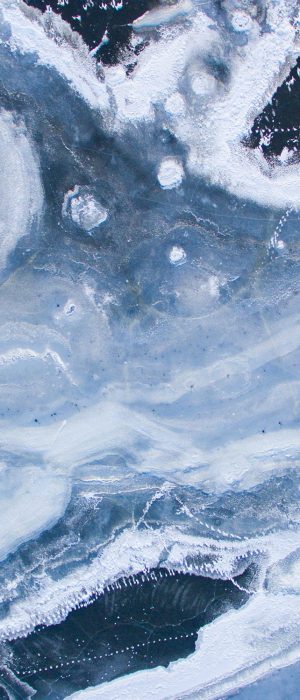I am deeply intrigued by how myths influence our lives. C. G. Jung wrote that the most important question anyone can ask is, “What myth am I living?” More and more I’ve been drawn to Johann Wolfgang von Goethe’s words that, “He who cannot draw on three thousand years is living from hand to mouth,” and how this is even more relevant now in this age of fake news and sound bites.
In 2016 I attended the Joseph Campbell Foundation’s ‘Mythological Toolbox PlayShop: Revisioning Your Hero’s Journey’ at the Esalen Institute. Every year for decades Campbell celebrated his birthday by spending a week at Esalen and the tradition continues today by those who helped him create the magic during his lifetime. We were dared to revision ourselves and participate in improvisational death and rebirth rituals through a process of mythic immersion asking ourselves, “Who are you?” and “How do you re-emerge?”
This experience made me realise how our lives are lived on the backs of bigger stories when the personal meets the mythical. I finally caught a glimpse of how mythic stories bear archetypal truths containing immense wisdom on the cycles of the natural world and our own physical, emotional and psychic participation in these cycles. It also birthed in me a desire to wear glasses of the mythos, not solely the logos (i.e. to engage the metaphorical, not just the literal aspects of life). I feel if we can think mythically and sense archetypally we can better understand our shared humanity, yet honour and appreciate the diverse ways we each live and make meaning.

It’s said myths never were, but always are. They’re always present.
We’re always in the psyche, not the psyche in us. Psyche is our field of awareness and mediates our perception of the world. Myths ask us to look for what is metaphorically meaningful. While the stories may not always be true outside, they are true inside. They are descriptive of our unconscious processes and link our inner and outer worlds. When we engage mythic material it allows for an encounter with the unconscious and connection to deeper archetypal patterns and cultural forms in society.
In 2016 I also attended the ‘Climates of Change and the Therapy of Ideas’ conference at Pacifica Graduate Institute in California to hear Thomas Moore, Richard Tarnas, Safron Rossi, Chris Hedges, Vandana Shiva and others speak. They were inspired by James Hillman toward creating a future that undertakes a critical ‘re-visioning’ and ‘re-imagining’ of the economies and ecologies that will shape our world and future generations. It was here that I heard, and deeply felt, the stories about patterns of behaviour that can help us understand what it means to be human and how the purpose of myth is to feel our lives.
To know ourselves we must know the gods and goddesses as each god (gender neutral) structures a style of consciousness. The myths are not about gender but archetypal energies. They are metaphors for our actions and styles of existence. Myth is psyche in its own disguise, a way psyche can be seen. Myths enable us to view certain movements in our psyches – both in our sufferings and successes – but there aren’t always answers. Rather they provide an imaginative background from which to explore and traverse, as the myths provide us with images of psyche speaking itself. The question to ask is, “Can we cultivate a consciousness that perceives life in mythic terms?”
Some myths and fairy tales that continue to have an ongoing influence on my life are Cupid and Psyche, The Ugly Duckling, Jūratė and Kastytis, Eglė Žalčių Karalienė and Percival.
The soul is entangled in myth. We don’t turn to myths for the answer singular but for wisdom and deeper universal insights that we can’t access when we’re trapped in our own limited repertoire of thought and personal narrative.
Archetypes are tools of the unconscious and the myths provide a psychological cradle for the lived experience and ask us to be with their beauty, nobility, grace and mystery.
I’ve spent the past few years researching underworld mythology and the figure and terrain of Hades. We need to know what calls us to our depths. What’s the waking call that makes us introspective? The descent is both purposeful and necessary for us to become more complete characters. The underworld asks us to reach for something more poetic . . . more metaphorical . . . more mythic. We’re pulled out of ourselves to be pulled into ourselves. Often we have a fear of our interior life – as we believe it will cost us our exterior life – but in fact it only enriches it. Underworld mythology draws me deep and I feel Orpheus and Eurydice is the next myth calling me. Watch this space!
© 2020 Kristina Dryza